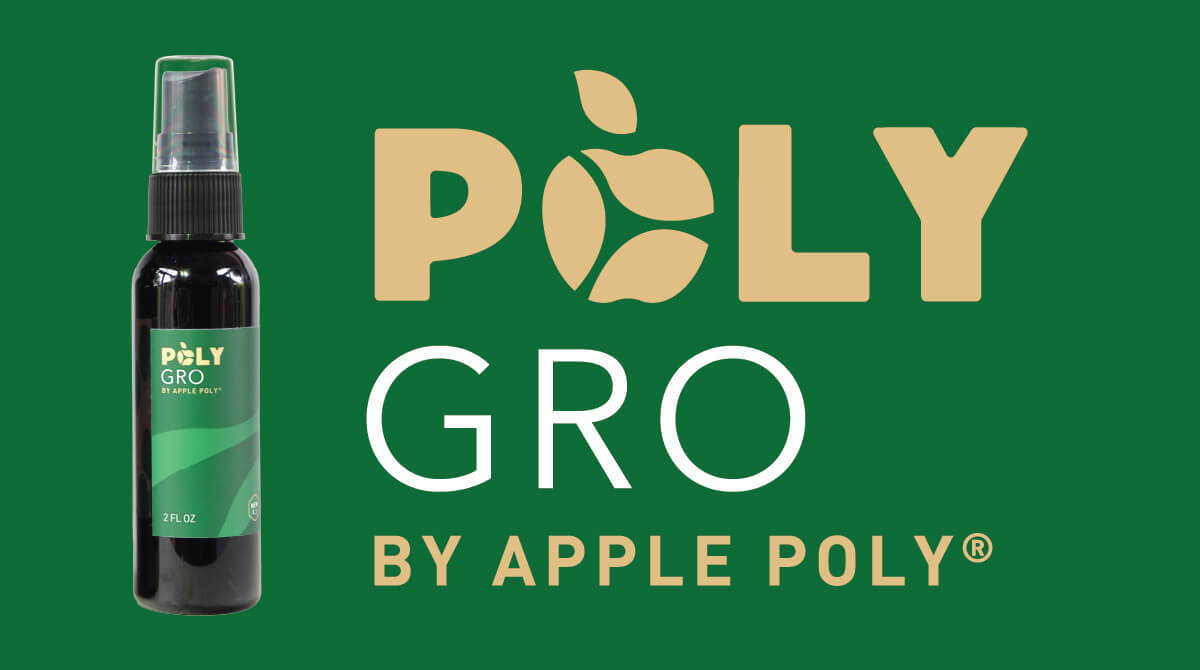2009-11-01
Literature review
Dietary polyphenol intake via fruits, tea, and wine
Why Is This Study Important? This foundational review integrates decades of research on dietary polyphenols, highlighting their potential to combat chronic diseases through antioxidant, anti-inflammatory, and gene-regulatory mechanisms. It connects molecular pathways to functional outcomes in cardiovascular health, neuroprotection, cancer prevention, metabolic control, and aging. The evidence aligns polyphenols with modern public health goals, encouraging deeper translational applications in functional foods and supplements.
You Should Know: I've been researching anti-aging science, medicine and nutrition for 34 years. For the last twenty, I've been telling you about the vast benefits of certain polyphenols. I'm thrilled when I see studies and journal papers like this, because discoveries of this magnitude are exactly what I hoped was possible 34 years ago.
In Plain English: Eating plants rich in polyphenols—like berries, tea, and apples—may help protect your heart, brain, and skin, and keep your blood sugar in check. These natural compounds help your body fight stress and inflammation and may even help slow aging.
For Medical Professionals: This review summarizes key biochemical pathways by which plant polyphenols exert antioxidant, anti-inflammatory, anti-proliferative, and metabolic modulation effects. Mechanisms include enzyme inhibition, reactive species scavenging, modulation of MMPs, COX, SIRT1, and signaling cascades such as NF-κB and IGF-1. Bioavailability is subclass-specific, and microbial metabolism plays a defining role in generating bioactive derivatives.

















